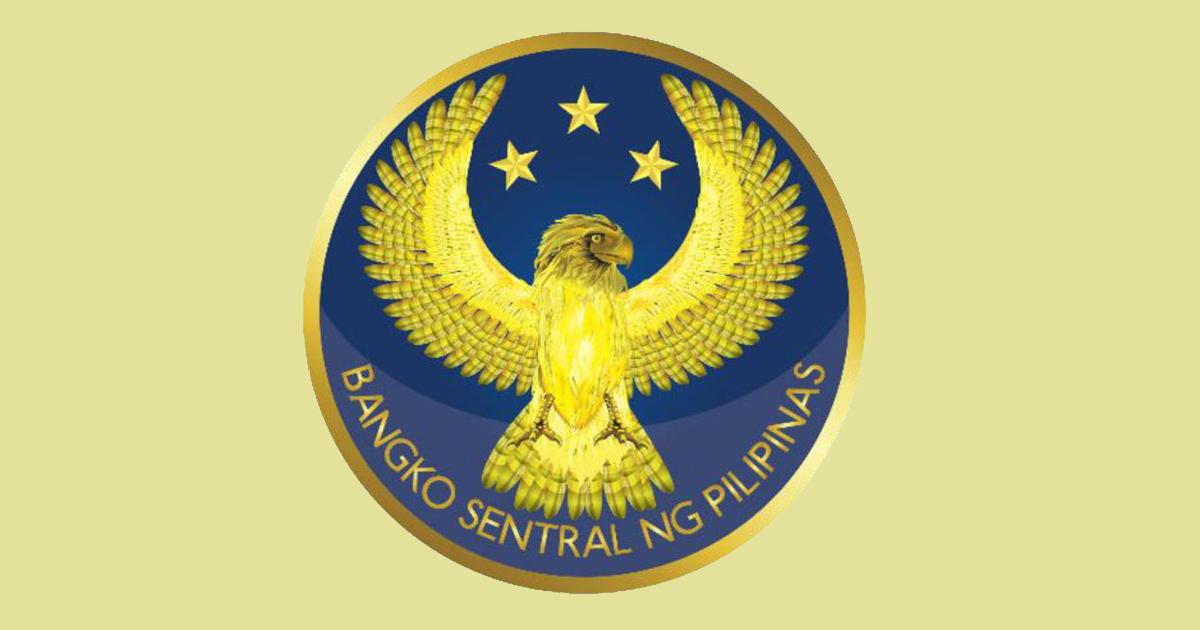BSP hikes policy rates by 25 basis points for first time since 2018

The Bangko Sentral ng Pilipinas (BSP) on Thursday decided to hike key policy rates for the first time since 2018, with inflation risks tilted to the upside.
The Monetary Board increased the key policy rates by 25 basis points — the overnight reverse repurchase facility to 2.25%, the overnight deposit facility to 1.75%, and the overnight lending facility to 2.75% — effective Friday, May 20.
“In deciding to raise the policy interest rate, the Monetary Board noted that the latest baseline forecasts have further shifted higher since the previous monetary policy meeting in March,” BSP Governor Benjamin Diokno said in a virtual briefing.
The BSP now expects inflation to clock in at 4.6%, higher than the 4.3% it projected in March and above the target range of 2% to 4%. This is expected to slow down to within the target range next year, at 3.9% versus the earlier announced 3.3%.
Inflation is also seen to hit as high as 5% in the coming months following the approval of a minimum wage hike in Metro Manila and other key areas across the country.
Diokno noted that upside pressures were linked to the potential impact of higher oil prices including on transport fares, along with the continued shortage in domestic pork and fish supply.
Downside risks include the potential impact of a weaker-than-expected global economic recovery as the threat of COVID-19 remains, the geopolitical tensions between Russia and Ukraine, and the tightening of global financial conditions.
“Given these considerations, the Monetary Board believes that a timely increase in the BSP’s policy interest rate will help arrest further second-round effects and temper the buildup in inflation expectations,” Diokno explained.
“The Monetary Board likewise reiterates its support for the sustained implementation of non-monetary interventions to mitigate the impact of persistent supply-side factors on inflation, particularly food supply and prices,” he said.
Diokno also hinted at the possibility of more rate hikes moving forward, but this would remain data dependent.
“The pace and timing of further monetary policy actions by the BSP shall always be guided by data. We are only just starting the monetary policy tightening cycle,” he said.
The governor added that any moves on monetary policy would have “very little” impact on economic growth, but the central bank continues to evaluate the situation.
Economic growth accelerated to 8.3% in the first quarter, higher than the 7.8% posted in the previous quarter and the -3.8% in the same quarter last year.
The BSP expects growth to accelerate further in the second quarter, with the Philippines on track to meet its full-year growth objective of 7% to 9%.
Diokno also announced the recalibration of the central bank’s government securities (GS) purchasing window from a crisis intervention measure into a regular facility under the interest rate corridor framework.
“As part of the BSP’s standard monetary operations toolkit for injecting liquidity into the financial market, the recalibrated GS purchasing window shall enhance the BSP’s ability to manage domestic liquidity conditions and ensure the sustainability of its balance sheet,” he said.
The central bank held about 40% of government bonds during the height of the COVID-19 pandemic, but has since scaled this down to about 2% to 3%.
The national government is set to settle the P300-billion zero-interest loan from the central bank on Friday ahead of its maturity date on June 11. —LBG/VBL, GMA News



